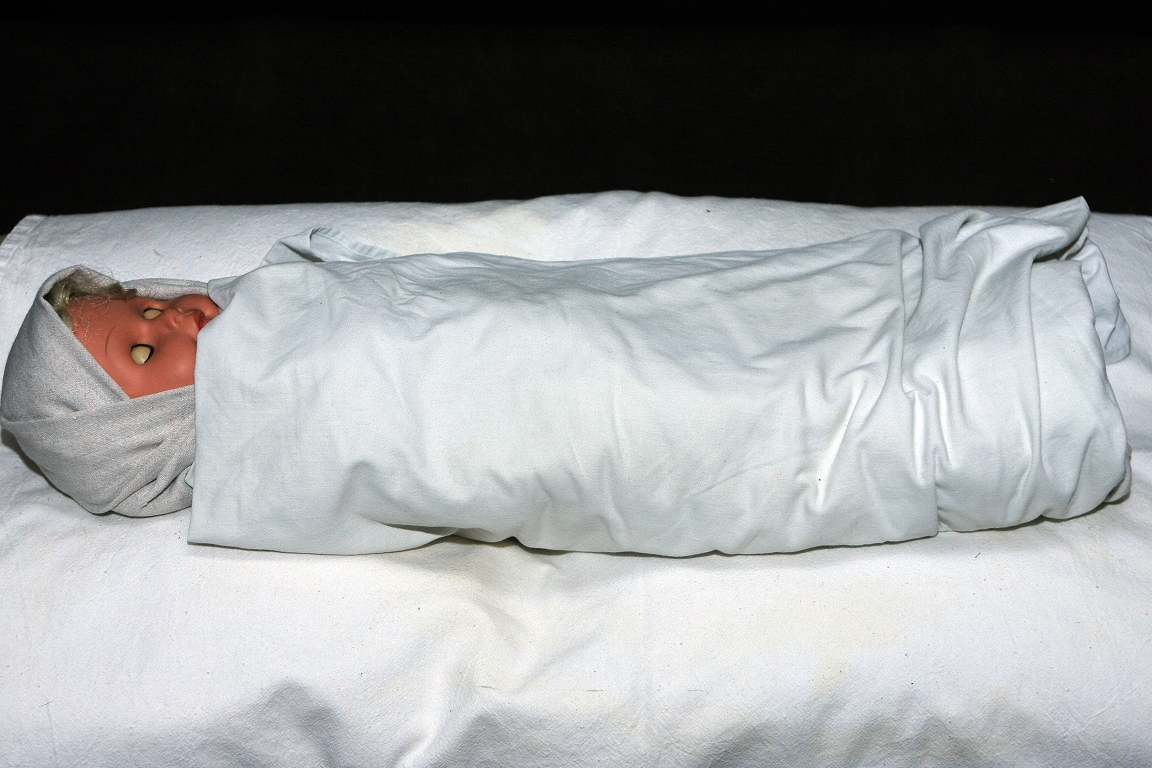Woman accuses for a granddaughter's newborn kidnapping and killing / day

As LETA informed the Supreme Court (AT), the indictment states that the accused woman has a qualification of a doctor's assistant, but that there is no appropriate education to accept childbirth. With the intention of hiding the granddaughter's pregnancy and hijacking a newly born baby and killing him or her own, the accused himself accepted the birth of a child born alive. The gender of the child was not determined in the investigation.
To hide her granddaughter, a child was born, the accused's anger and revenge on the new mother's behavior, engaging in a relationship with men, immediately after giving birth, knowing that a newborn baby is helpless because of her age, but the young mother is in helplessness.
In an unidentified place and under the circumstances, the woman was deliberately killed by the woman and destroyed the corpse.
The District Court found the woman guilty of kidnapping a person if he was committed against a minor, using a state of helplessness and in the murder of a person, knowing that it is in a state of helplessness and in the defamation of the corpse.
The court applied her for 18 years' imprisonment and a three -year supervision of probation.
However, the District Court will have to see the case again. The AT Department of Criminal Cases has overturned the appellate judgment in a criminal case, as the judgment has not shown that the body of the newborn was defiled during its destruction, AT.
Looking at the case, the AT acknowledged that the removal, concealment, removal, leaving, and non -provision of proper disposal of the corpse was not considered to be defamed within the meaning of Article 117 (5) of the Criminal Law, unless the accused had directly acted on the corpse.
The cassation complaint stated that the appellate court had not established the accused's intention to kill the newborn. In response to this argument, AT stated that, contrary to the appellate instance, the Court of Appeal had assessed the actual circumstances of the Criminal Law's criminal offense and concluded that the accused had intentionally committed the murder of the newborn with a direct intention because she was aware of the nature of her actions.
AT acknowledged that the murder, aware that a person is in a state of help, could manifest itself as inactivity that the person has allowed, leaving a newborn baby in a state of help and not providing primary care, resulting in death.
Given that the accused has provided the accused of all the crimes the crimes they have made a common description of criminal offenses, the appellate authority's judgment has been completely abolished, but the accused is still subject to a security measure – detention.







